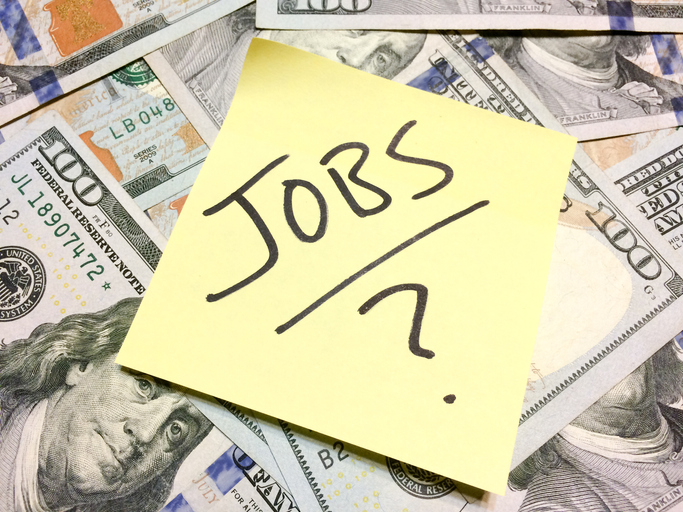The COVID-19 pandemic has been catastrophic on almost every front for Americans. Discomfort surrounding new working arrangements, mass unemployment, and an uncertain future all present themselves nine months after the virus reached the US. As unemployment remains high in December, jobs are slowly creeping back into the economy—primarily in new sectors—and should offer a glimpse of hope going forward into the future.
The pandemic has given the free market an opportunity to adapt and better serve our new ways of life. As people spend more of their time at home, logistics and e-commerce industries needed to grow quickly to meet the demand. These changes are, for better or worse, inevitable, but the market has allowed companies to streamline and become more efficient even as our “normal” is upended. The Wall Street Journal writes:
Warehousing and transportation accounted for 145,000 of the 245,000 jobs created in November—and a big share of job growth since the labor market began recovering this spring after a sharp contraction due to the coronavirus pandemic. Online retailer Amazon.com Inc. has announced plans to hire hundreds of thousands of workers this year, including warehouse and seasonal employees.
The shift is creating a divide in the workplace. U.S. employment is still 6.5% smaller than it was in February, the month before the pandemic caused businesses across the U.S. to close. But employment in warehousing and related industries has boomed. Warehousing and storage jobs have grown by 97,000, or 8%, since February. Courier and messenger jobs—workers who deliver goods—have expanded by 182,000, or 22%.
…
The consumer trends could last beyond the pandemic. About three out of four people have tried a new shopping method due to the coronavirus, according to a recent survey by consulting firm McKinsey & Co. More than half of all consumers intend to continue using curbside pickup and grocery-delivery services after the pandemic is over, it showed. Nearly 70% of consumers surveyed intend to continue buying online for store pickup.
Alexander Oettl, associate professor of strategy and innovation at Georgia Institute of Technology, said a silver lining of the pandemic is that the shift toward e-commerce has forced companies to become more efficient, which could translate into stronger productivity growth in coming years.
“While much of the infrastructure that has enabled the e-commerce economy has existed, you need people to adopt and change behavior,” which has occurred during the pandemic, Mr. Oettl said. “That has been one of the last dams that have been holding back a really large acceleration of the shift to e-commerce.”










